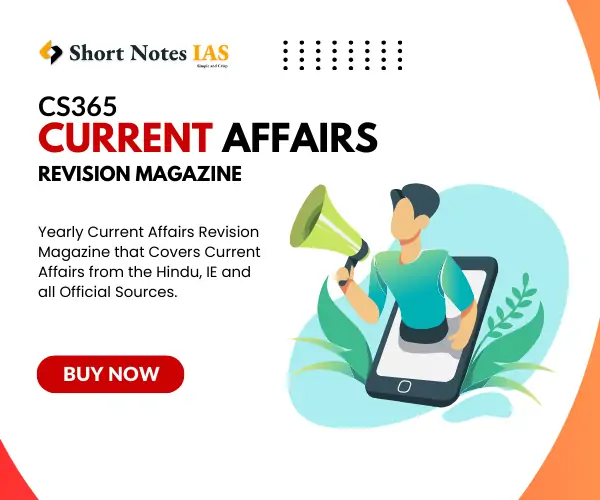In order to “cleanse the system of political funding in the country” and in keeping with the government’s desire to move to a cashless economy, Union Finance Minister Arun Jaitley on Tuesday expanded on some of the details of the electoral bonds scheme. The scheme, announced during the 2017 Budget, aims to account the donations made to all major political parties.
What is it?
An electoral bond is designed to be a bearer instrument like a Promissory Note — in effect, it will be similar to a bank note that is payable to the bearer on demand and free of interest. It can be purchased by any citizen of India or a body incorporated in India.
How do you use it?
The bonds will be issued in multiples of ₹1,000, ₹10,000, ₹1 lakh, ₹10 lakh and ₹1 crore and will be available at specified branches of State Bank of India. They can be bought by the donor with a KYC-compliant account. Donors can donate the bonds to their party of choice which can then be cashed in via the party’s verified account within 15 days.
What are the other conditions?
Every party that is registered under section 29A of the Representation of the Peoples Act, 1951 (43 of 1951) and has secured at least one per cent of the votes polled in the most recent Lok Sabha or State election will be allotted a verified account by the Election Commission of India. Electoral bond transactions can be made only via this account.
The bonds will be available for purchase for a period of 10 days each in the beginning of every quarter, i.e. in January, April, July and October as specified by the Central Government. An additional period of 30 days shall be specified by the Central Government in the year of Lok Sabha elections.
As explained by Mr. Jaitley, the electoral bonds will not bear the name of the donor. In essence, the donor and the party details will be available with the bank, but the political party might not be aware of who the donor is. The intention is to ensure that all the donations made to a party will be accounted for in the balance sheets without exposing the donor details to the public.
Will it be tax deductible?
During the Budget presentation in February 2017, the Finance Minister had proposed that the maximum amount of cash donation that a political party can receive be capped at ₹2,000 and that parties be entitled to receive donations by cheque or digital mode, in addition to electoral bonds.
In a press conference that followed, he had added that donations would be tax deductible. “A donor will get a deduction and the recipient, or the political party, will get tax exemption, provided returns are filed by the political party,” said Mr. Jaitley.
Source : The Hindu



